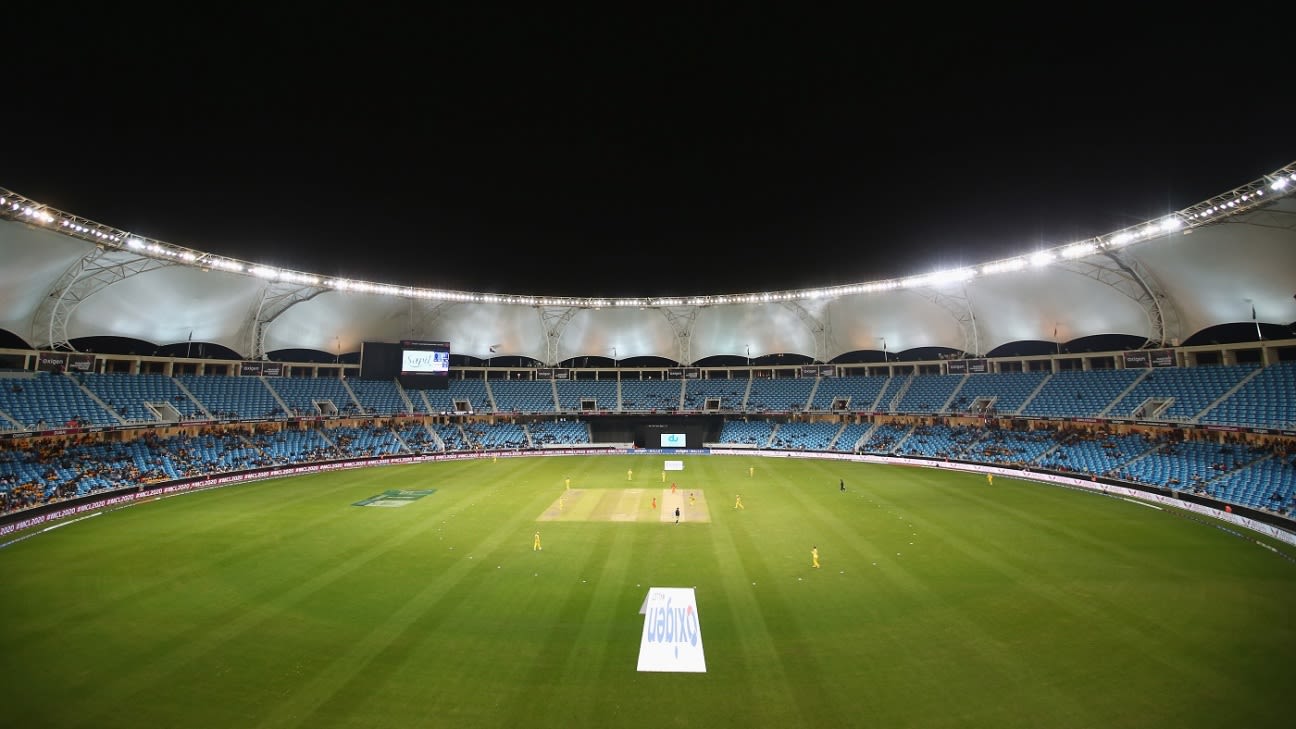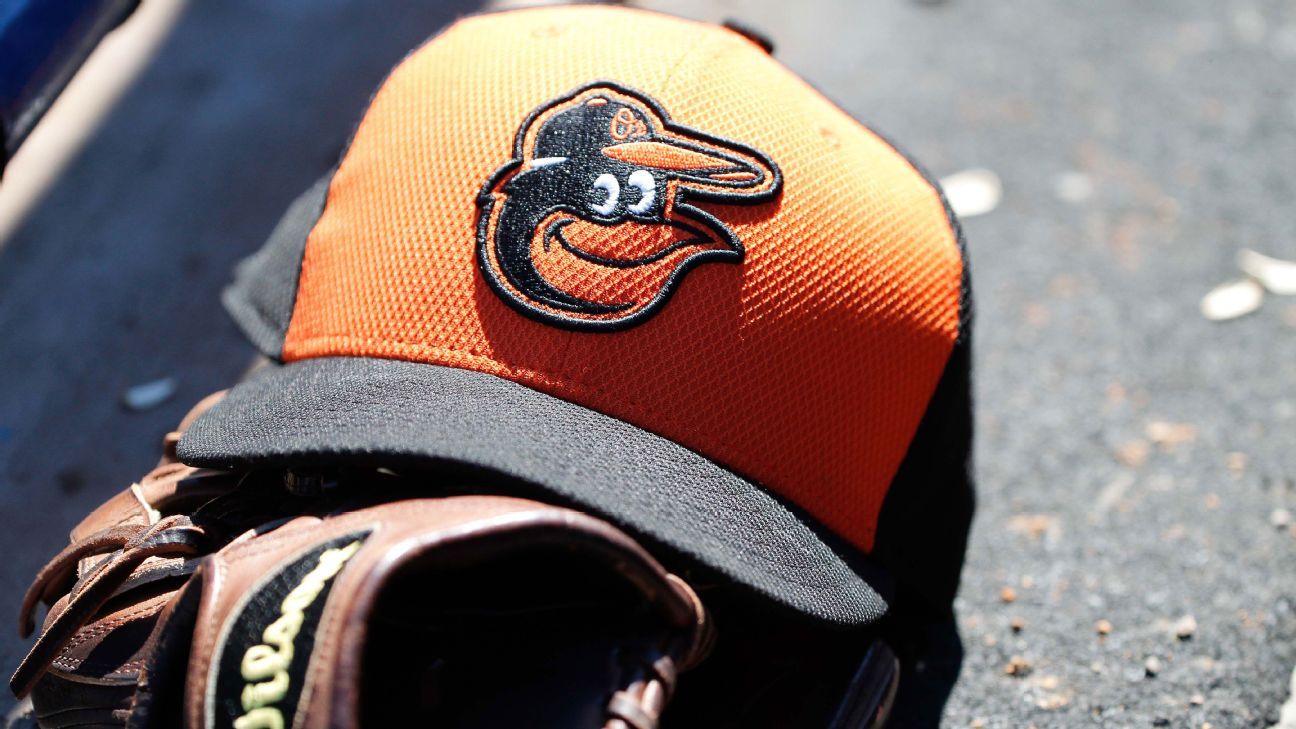
India's National Anti-Doping Agency (NADA) has joined hands with its counterparts in the UAE and will send teams to be stationed at the three IPL match centres and two training venues, with a plan of conducting around 50 random tests during the tournament. This is the first time NADA will be in charge of conducting the tests during the IPL, after the BCCI came under its ambit in 2019; in previous years the BCCI has conducted its own tests.
"This is the first year that dope tests in the IPL will be conducted directly by NADA," Navin Agarwal, the director general of NADA, told ESPNcricinfo. "We have been conducting tests on cricketers ever since the BCCI came under NADA's jurisdiction last year.
"We were preparing for the IPL to be held in India in April. Of course, because of the situation, we have had to move to UAE. We had planned for the tests in India. But now that the tournament is being held there, we have to do the testing there."
"The tests will be randomised, and be both in competition and out of competition. We will make the appropriate arrangements for carrying the kits or sourcing the kits in Dubai. We have tied up with the UAE anti-doping agency for this purpose as well" Navin Agarwal, NADA director-general
NADA will be sending a total of nine people from India, three officials and six dope-control officers (DOCs), who will form three teams while in the UAE. Each of the three teams, while in the UAE, is expected to be assisted by local chaperones, who will help in sample - urine and blood - collection. Stations will be set up at the three match venues, one each in Dubai, Abu Dhabi and Sharjah, as well as the training facilities in Dubai and Abu Dhabi.
"The tests will be randomised, and be both in competition (samples to be taken at playing venues) and out of competition (samples to be collected at training centres)," Agarwal explained. "We will make the appropriate arrangements for carrying the kits or sourcing the kits in Dubai. We have tied up with the UAE anti-doping agency for this purpose as well.
ALSO READ: 2020 IPL will be 'more secure' from corruption
"There was no restriction placed on us regarding in the number of the DOC and officials we could send. However, we felt that three officials and six dope-control officers would be enough for the job at hand."
Like the players, support staffers and tournament organisers, NADA personnel will also have to be part of the bio-secure bubbles, put in place to keep people secure from Covid-19, while in the UAE.
"We have to protect our DCOs and officials so we will follow the same health and safety protocol in the biobubble just as the rest of the teams are," Agarwal said. They will also be tested for Covid-19 prior to their departure and on their arrival in the UAE.
The pressure on the BCCI to comply with NADA intensified around the middle of 2019, when Prithvi Shaw tested positive for a banned substance. The Indian sports ministry wrote a stern letter to the BCCI - days before the Shaw matter came to light - questioning its authority and its protocols in matters of dope tests.
The BCCI agreed to comply with NADA not long after, with then chief executive Rahul Johri saying that the board had to "follow the law of the land". Prior to that, the BCCi had consistently argued that it was an autonomous organisation and not a national sports federation, and therefore not under NADA's jurisdiction.















 Phone: (800) 737. 6040
Phone: (800) 737. 6040 Fax: (800) 825 5558
Fax: (800) 825 5558 Website:
Website:  Email:
Email: 






